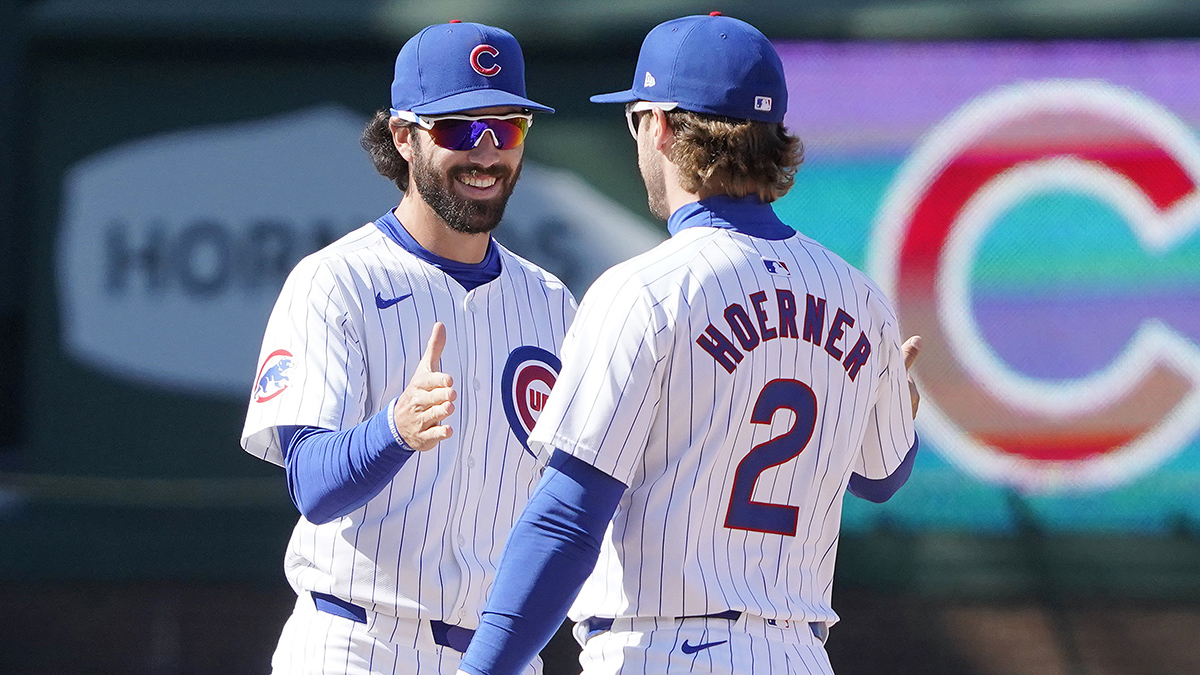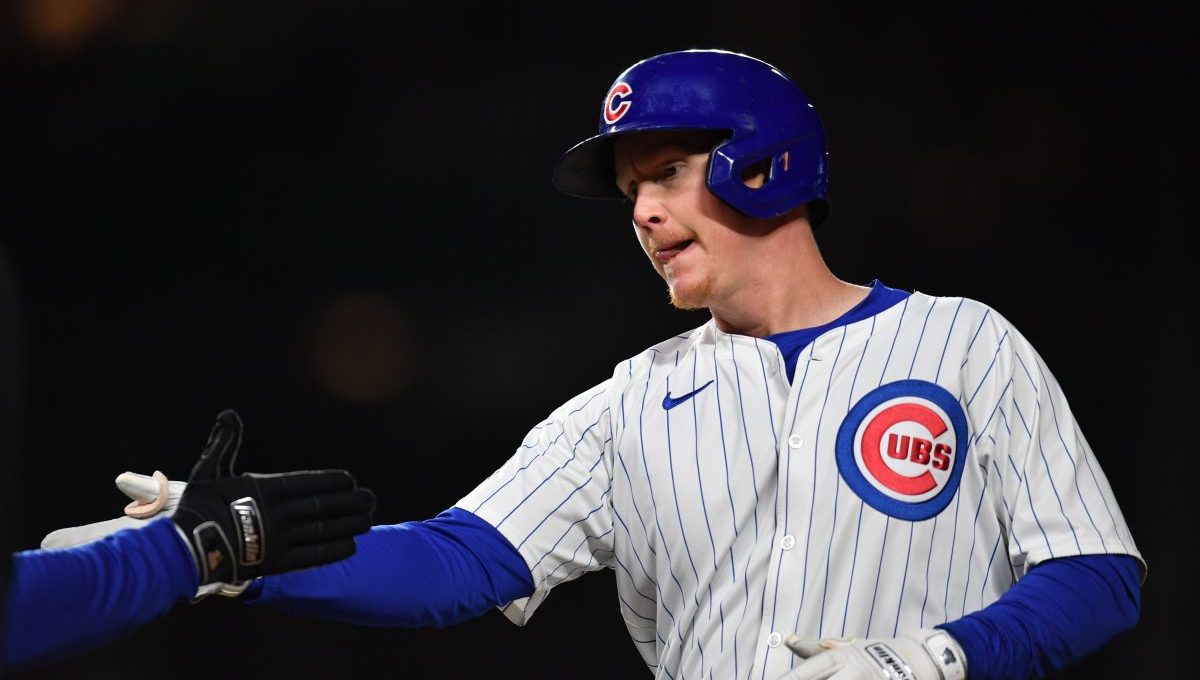After a season of discord for the Red Sox, Alex Cora’s job is to create stability. To reduce moments like Dustin Pedroia telling Manny Machado, “It’s not me, it’s them," and prevent another David Price-Dennis Eckersley confrontation.
But a loud misstep in Cora's time as the Astros’ bench coach opens a question of how effectively the new manager will prevent a repeat of the past. Not only the Red Sox’ past, but his own.
In his first year as a major league coach, Cora lived a night with echoes of Price-Eckersley.
On Aug. 31, less than two months before he was named Sox manager and at a time of peak anxiety off the field, Cora cursed out Astros broadcaster Geoff Blum on a team bus heading from the airport to the stadium in Houston. When the bus arrived at the Astros’ Minute Maid Park, Cora went off again, screaming at his boss, Astros manager A.J. Hinch.
Both expletive-filled episodes were visible to a large number of the Astros’ traveling party. The confrontations were described to NBC Sports Boston by multiple people with direct knowledge of them, including witnesses.
Whether the lack of self-control Cora displayed proves a footnote to Cora’s coaching career or an omen entering his first managerial gig is to be seen.
Multiple sources said Cora had been drinking and that it contributed to his behavior. It is not uncommon for players or staff to drink on travel days. There is no indication Cora has a recurring issue controlling his alcohol intake.
Boston Red Sox
Cora declined comment on specifics of what transpired. Blum and Hinch declined any comment.
“You learn how to overcome. It happens on every team," Cora said. "People have disagreements. Sometimes it’s about life, sometimes it’s about the game. The good thing is that you work with people that you respect, and they respect you . . . You move on and you learn from it and you keep getting better.”
The situation did not become physical. A highly sought after manager, Cora felt embarrassed by his actions, and later apologized to both parties.
The circumstances the Astros found themselves in on Aug. 31 were complex and intense -- a statement true for every member of the organization. The Astros were returning to Houston and to their homes for the first time since Hurricane Harvey made landfall on Aug. 25.
As Houston came into view on the plane back from Florida, where games were temporarily relocated, some Astros had trouble seeing land because there was so much water everywhere, an unsettling moment. Everyone was worried about their family, their friends, and their city, as they began to see the devastation firsthand. In addition, Cora was greatly concerned about potential damage to his native Puerto Rico from Hurricane Irma, which would hit the island within a week. (The more powerful and destructive Hurricane Maria, which would not reach Puerto Rico until Sept. 20, had yet to form.)
Against that backdrop, behind-the-scenes friction between Cora and Blum boiled over when Blum, who played 14 years in the majors like Cora, asked Cora to turn down music on the bus. Curse words came at Blum for about five minutes. (Unlike the Price-Eckersley drama, Cora’s argument with Blum did not stem from commentary on air.)
Once off the bus, Cora lashed out at Hinch as Hinch tried to defuse the situation. The incident with Hinch lasted roughly another 10 minutes near the stadium’s loading dock, as both team buses -- one for staff, which carried Cora and Blum, and one for players -- disembarked. Former Astros outfielder and Yankees managerial candidate Carlos Beltran tried to calm down Cora.
“Between Harvey and [Irma], it was a combination of a lot of emotions on a personal level,” Cora said. “We’re flying everywhere, man, and then the team, we weren’t playing good [with an 11-17 record in August]. I learned that we can be -- honestly, honestly, on a personal standpoint, I learned that boys are boys, and it’s a family and you’re going to have your good days and your bad days."
Cora did not point to the fact the Astros won the World Series to downplay the incident.
“We were one game away from losing against the Yankees [in the ALCS],” Cora said.
Rather, as Cora explained it, the incident mattered afterward only because the result was a tighter bond with Hinch.
“Our relationship grew up and it got better, and hey, man, my biggest supporter throughout the whole process, who was it? It was A.J. Hinch," Cora said. "Because we slipped at one point doesn’t mean it was over. I think families, and friends, they got moments. And it was a moment. And it wasn’t a great moment . . . If we lose to the Dodgers (in the World Series), it was going to be the same thing. That whole month of October, with him, he was not my mentor, but he was the guy that I was looking up to throughout the process.”
A manager can be emotional and successful, Cora believes. Yet, there’s the adage that the manager need be the steadiest guy in the room, the most even-keeled.
Cora plans to encourage emotion in his players. When he played, he feels he was too buttoned up, despite a famous moment in his time at the University of Miami, when a walk-off home run ended the College World Series in a loss and Cora crumpled to the ground in disappointment.
"I encourage guys to be passionate about it and show emotion,” Cora said. “I was the other way around. And sometimes I regret that. I didn’t have as much as fun on the field . . . It goes with the era I grew up in the game. And it’s not just my playing years, but before that. Following [my brother] Joey and his career, winter ball and the way he was."
Alex’s m.o. in a non-playing leadership role is still taking shape. Cora said that during his time in winter ball in Puerto Rico last year, and then during the World Baseball Classic in the spring, he found himself more publicly reserved than he had been in the past.
"I think A.J. showed more emotion than I did, throughout the [Astros’] season,” Cora said. "I think the whole year was a learning process of trying to stay calm. At the same time, inside, I was enjoying the whole thing.”
Anger has a different time and place for expression compared to, say, joy or anxiety. Asked if it would be okay for a manager to react the way he did on Aug. 31, Cora reiterated he learned from the situation.
The Red Sox presumably would have liked to discuss the events of Aug. 31 with Cora during the interview process, but they didn't know the events happened until NBC Sports Boston reached out to the team, sources confirmed.
Sox president of baseball operations Dave Dombrowski declined to discuss his interview process.
“He’s our manager, we’re thrilled that’s he’s with us,” Dombrowski said. “I’ve had some tremendous managers around me that lost their cool at times. And I think every situation’s different. When I’m not there, it’s hard to evaluate different things.”
The Sox moved quickly to make a hire so they could land a top candidate, announcing Cora’s arrival 11 days after announcing John Farrell’s firing. It’s the Sox’ responsibility to know everything about their new manager, but, at the same time, it’s difficult to gather every detail in a short window.
A mistake like Aug. 31 in Cora's new role would be problematic, given that his job here is to defuse tension.
“I’m very comfortable with the way I do things,” Cora said generally. “We just got to wait and see, man. Right now we’re in a stage, that I know that the organization, everybody is connected and talking and looking forward for what’s going to happen.
“I’ve been able to learn about guys and talk about guys, and the most important thing [of late] is the coaching staff. Connecting with them and getting ideas from them.
“All that stuff is going on right now, so I have no idea how I’m going to be. I know what I want. I know what I want from this team. From the coaching staff. From the medical staff. Analytics staff, everybody. You name it, I know what I want from them. But until Feb. 14 starts, we have no idea.”



